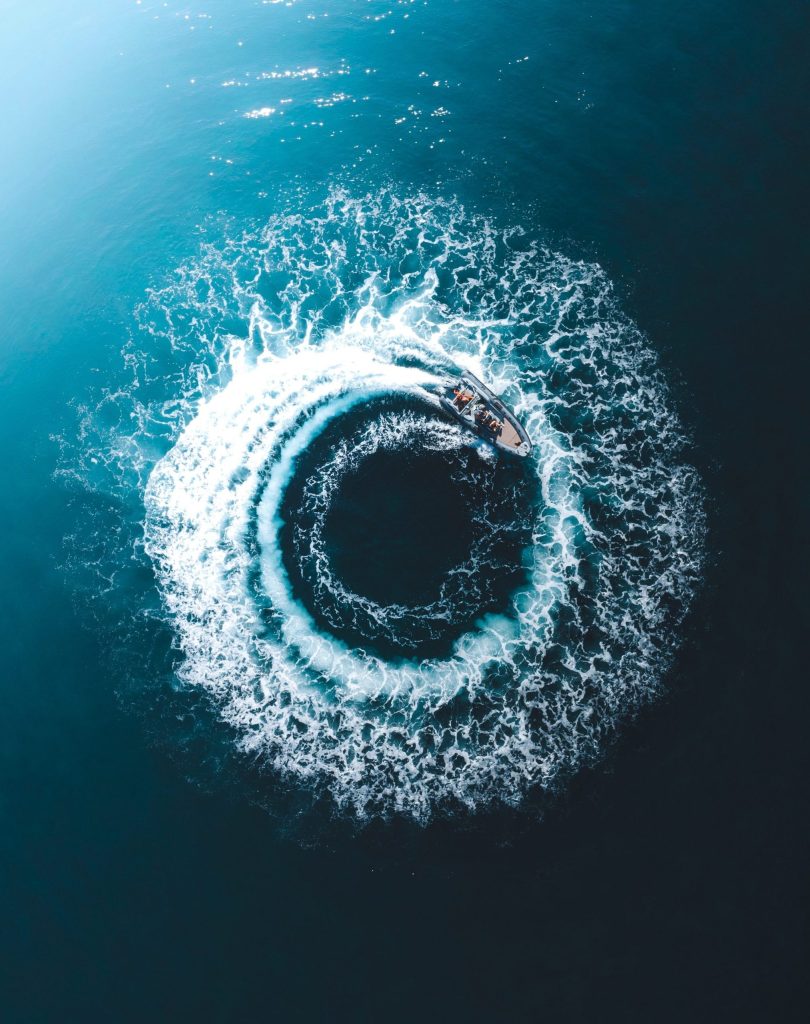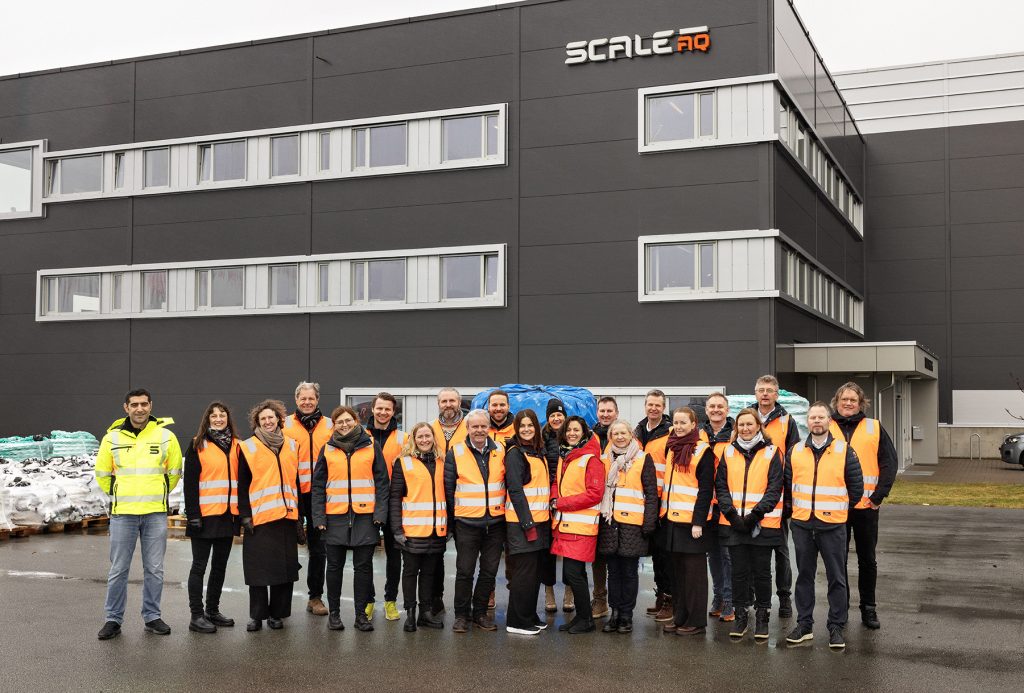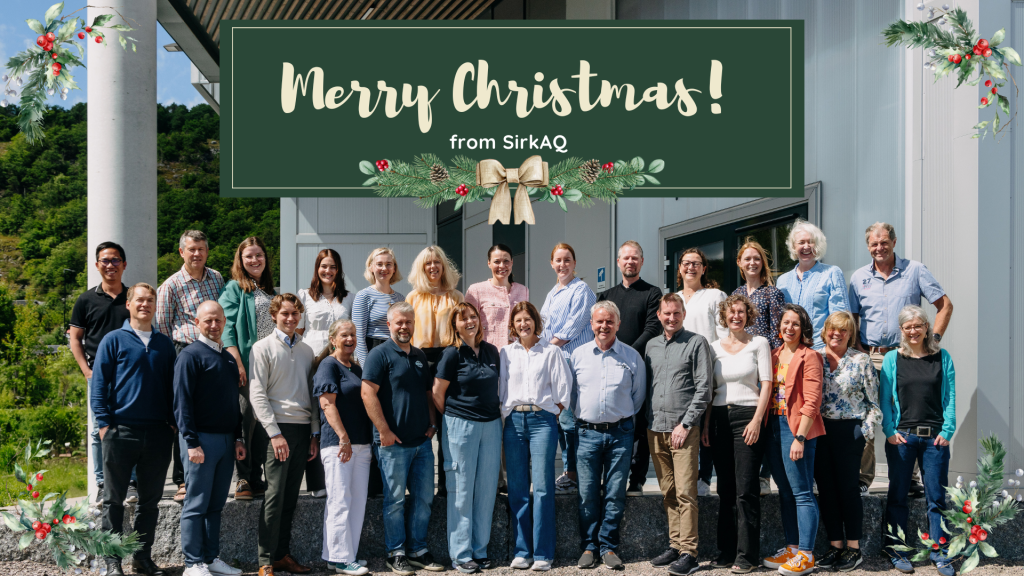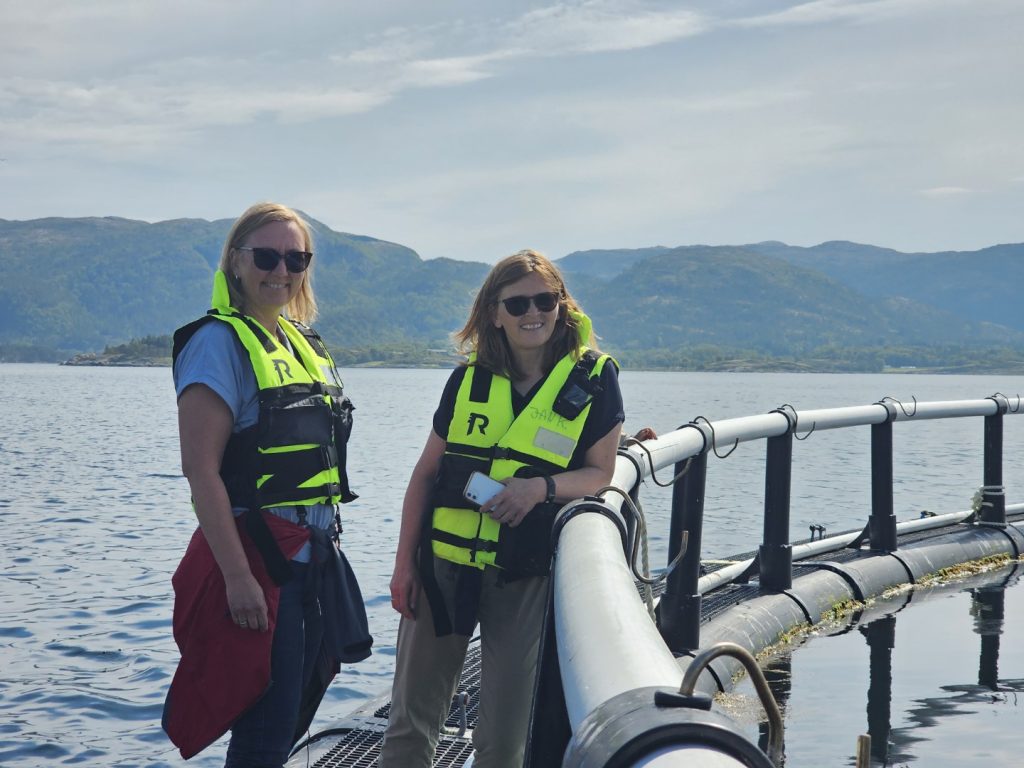ScaleAQ, together with Circularise, is proud to announce the successful implementation of the first-ever Digital Product Passport (DPP) for circular plastics in the aquaculture industry through the SirkAQ project. This milestone underscores our commitment to sustainability, innovation, and advancing a circular economy within aquaculture.
The aquaculture sector faces a pressing challenge to transform its linear plastic usage into a circular model. With each of the 36,239 fish farms in Europe containing 360,000 tons of plastic, the industry’s plastic waste footprint is substantial. Norway alone generates 25,000 tons of plastic waste annually. The SirkAQ pilot project not only tackled the issue of recycling but also showcased reusing plastic from fish farming pens for the same application, rather than downcycling into lower-quality products.
The SirkAQ green platform project was brought together by a consortium of industry leaders, including Hallingplast, ScaleAQ, Oceanize, Sinkaberg, OsloMet, Norner, Future Materials and Sintef Ocean to address the lifecycle of plastics in fish farming gear. The Digital Product Passport (DPP) for ScaleAQ’s Vortex® model pen facilitated the traceability of nearly 20 components used in its manufacturing and mass balance accounting for plastic, providing sustainability data points across the entire supply chain.
Despite current regulatory hurdles that prevent the use of recycled plastic in load-bearing structures, the project simulated a closed-loop system, linking materials to newly built fish pens in a recycling loop. This proves the viability of reusing plastics from the same equipment for structural applications, laying the groundwork for policy reforms that align with sustainable practices.
Mesbah Sabur, Founder of Circularise, stated, “By leveraging our platform’s ability to trace materials in a circular supply chain, we have demonstrated a feasible solution for reusing plastics in aquaculture equipment. This pilot project is a crucial step towards more sustainable practices in the industry
Ståle Sæther, COO of ScaleAQ, added, “With the evidence gathered from this project, we are in a strong position to push for legislative changes. Our goal is to demonstrate that reusing plastics from the same structures is not only feasible but essential for the sustainability of the aquaculture industry.
The success of this pilot project sets the stage for continued dialogue with legislative authorities, aiming to leverage traceability tools to promote the incorporation of recycled plastics in aquaculture gear. Such advancements could redefine industry norms and significantly mitigate environmental impacts.



